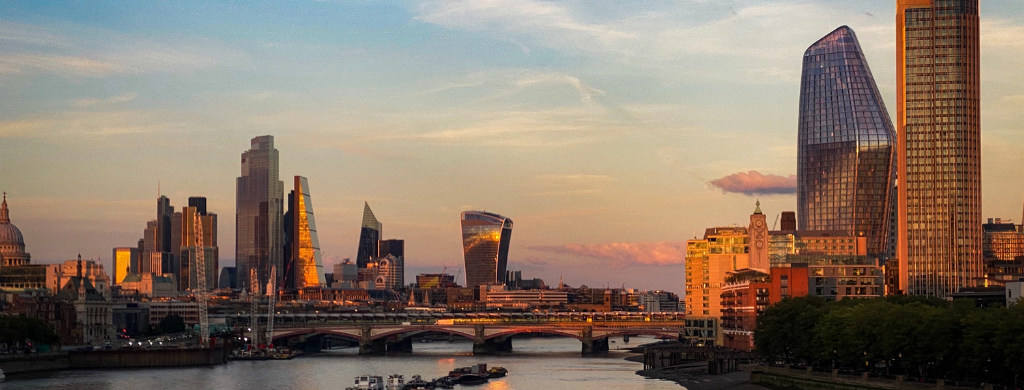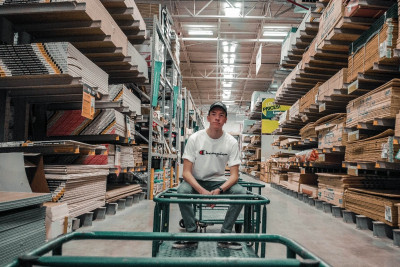
Many businesses are not doing this, even though some are required to do so by law. Here are three reasons why companies need to address their modern slavery statement – and do it right now.
Upcoming changes to the legal requirements on business
Beyond the moral and economic arguments for businesses taking modern slavery seriously, the legal requirements are tightening, and businesses should ask themselves whether their current statements go far enough.
In September 2020, the UK Government concluded a consultation around Section 54 of the Modern Slavery Act after criticism of existing measures.
As a result, the Government announced changes to Section 54 which will put stricter requirements on business.
This will apply to all businesses providing goods or services in the UK with a global annual turnover of £36 million or more.
For the first time, this requirement will also be placed upon public sector bodies too, in recognition of this sector’s significant spending power and supply chain risks.
The measures will likely include mandated risk assessment, human rights due diligence, single reporting dates and more stringently enforced penalties.
Outside the UK, international legal developments are placing stricter requirements on businesses around labour exploitation and supply chain transparency.
Businesses will need to demonstrate they are taking action to mitigate and remediate their risks.
Upcoming mandatory human rights due diligence is likely to be introduced in the EU in Summer 2021.
For more support in your approach to modern slavery, contact our Business Engagement Team.
The impact of Covid-19 on supply chains and modern slavery
The pandemic has affected all areas of life and has had a significant impact on modern slavery and exploitation, both globally and within the UK.
For businesses required to comply with Section 54 of The Modern Slavery Act 2015, much of what was relevant in their existing modern slavery statements will have shifted due to the pandemic and its consequences.
For businesses in sectors where demand increased dramatically during the height of the pandemic, including logistics (pictured), food and essential goods, and medical supply chains, the pressure on them to fulfil demand is likely to have meant regular due diligence was put under strain.

This is particularly so for those who had to instigate large recruitment drives at short notice, with the result that they should be closely monitoring how this has created a higher risk of exploitation going undetected.
Businesses should honestly analyse how they mitigated this, what issues were raised and what lessons can be drawn from this experience.
For those with long and complex supply chains, visibility down the tiers is difficult at the best of times and requires targeted diligence. In normal times, many businesses rely on in-person audits of sites to pick up on subtle discrepancies or subtle warning signs through real-life interactions with workers. The pandemic has effectively halted these activities across many sectors, and as such supply chain visibility is significantly reduced.
This should be realistically addressed through a robust modern slavery strategy and a practical mitigation plan that feeds into a strong modern slavery statement.
With a halt on in-person audits, what other activities could your business undertake to raise awareness and reduce risk? We would suggest, as a starting point, promotion of the Modern Slavery & Exploitation Helpline number (08000 121 700) as well as strong and effective training for suppliers and your own teams.
For more support in your approach to modern slavery, contact our Business Engagement Team.


